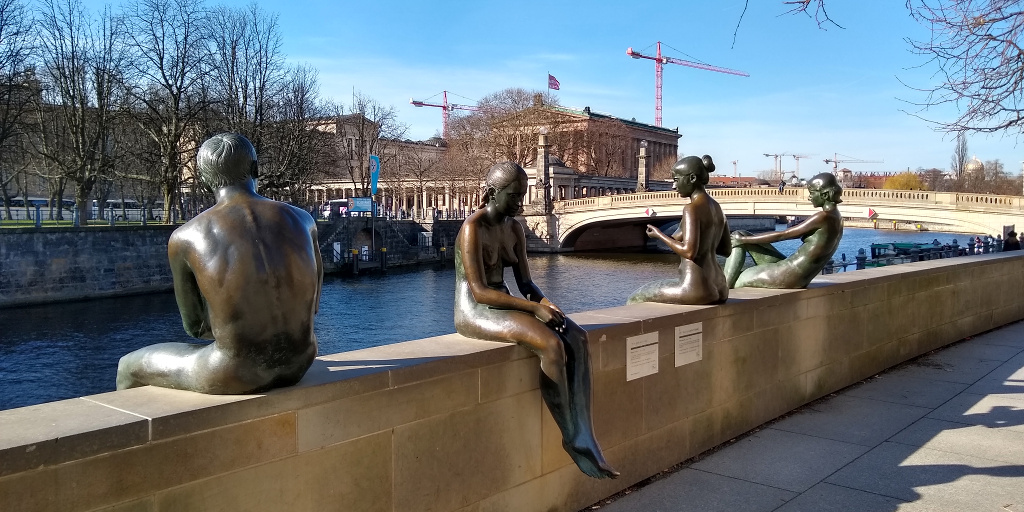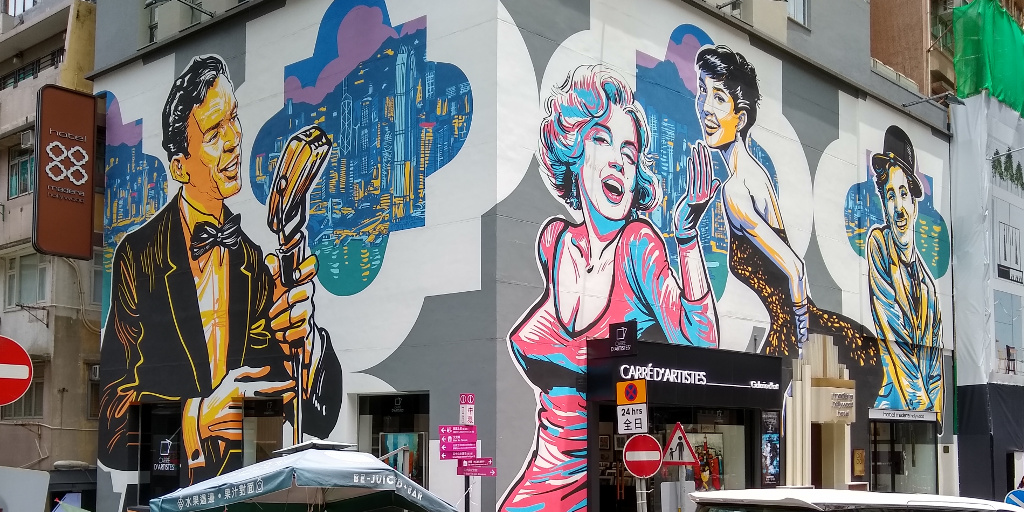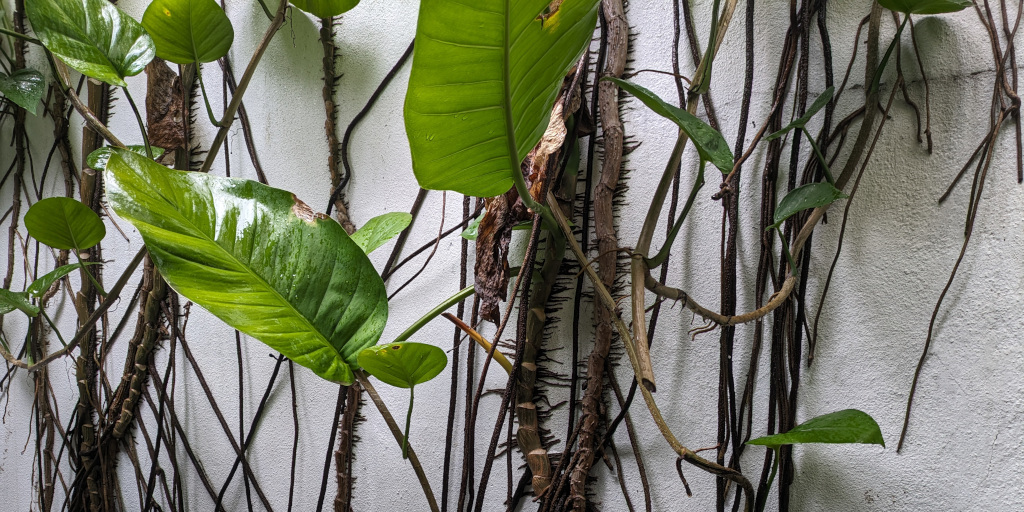Category: 1. Research
-

Does basic research need to have a purpose?
The short answer: This question is click-bait and was written to incite reflexes rather than reflection. The long answer: The question is a red herring, because a researcher arguing that research shouldn’t have to have a purpose is actually complaining about society not seeing the value of their research as they do. First of all,…
-

Why informatics is everyone’s business in academia
Informatics (worse: Computing science; even worse: Computer science) is the discipline of automated data processing (where automation is both human independent and dependent, and data in context becomes information). The non-IT industry has learned the hard way over the last few decades that informatics is part of their core business, not just some support function.…
-

On the ordering of nouns in writing
Effective writing is important, or you won’t be understood and achieve your goal. An example is to get the ordering of nouns (or adjectives) in enumerations right. Let’s pick an example: In software engineering, a software feature’s implementation should be correct, complete, and testable. So a project goal could be “to ensure correctness, completeness, and…
-

How to have an impact as a software engineering researcher
Over on Facebook of all places, I took part in a short discussion on how, as a researcher, to have an impact on practice. It is not a convenient answer, but in my opinion, if you want to have an impact, you should go into practice yourself. You can also send your students, but this…
-

Traditional theory building and validation in (computer) science
Many computer science degree programs do a lousy job at teaching science. A high school student, entering university, often has a good idea what science is about, based on their physics and chemistry classes. At least, it involves controlled experiments. At university, this is rarely picked up, and computer science students are given the idea…
-

The real problem with pay-walled publications
Pay-walled publications are just that: Publications that nobody reads unless someone pays the publisher’s fee. I have no problem with that, because I don’t read pay-walled work and don’t consider it published research and prior art that I should care about. The real problem starts with researchers and editors who expect me to find, read,…



